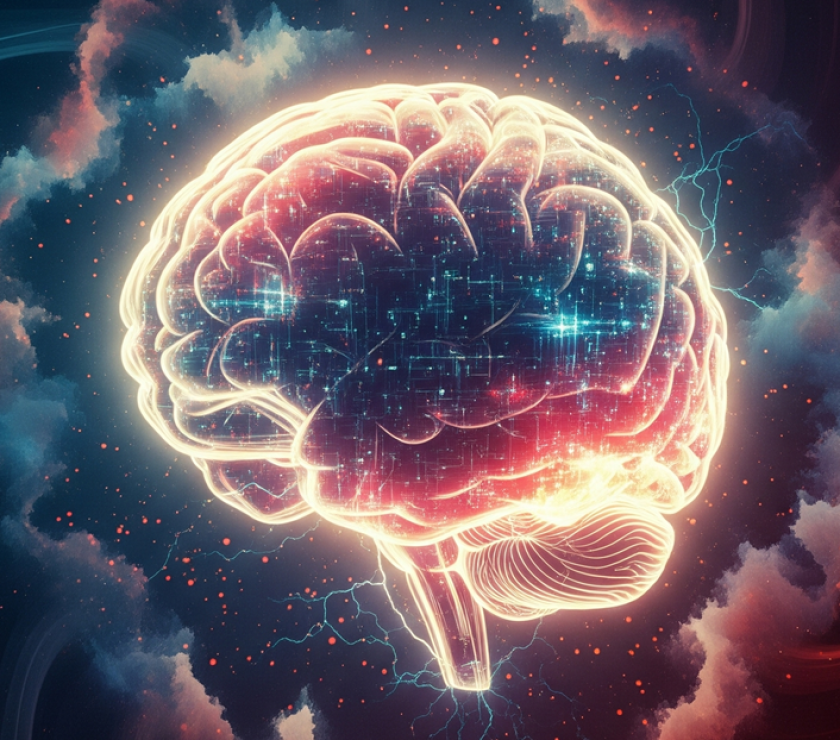Finding Support for Prenatal and Postnatal Depression
Pregnancy and the arrival of a newborn are often portrayed as times of unadulterated joy. While they undoubtedly bring immense happiness, for many individuals and families, they can also be periods marked by significant emotional challenges. Beyond the common “baby blues,” a more persistent and debilitating condition known as prenatal depression (depression during pregnancy) and postnatal depression (PND), also known as postpartum depression, can emerge. It’s crucial to understand that these are medical conditions, not signs of weakness or a failure to bond, and they are remarkably common.
Understanding Prenatal and Postnatal Depression (PND)
Prenatal depression refers to depressive symptoms experienced during pregnancy. Hormonal shifts, physical discomforts, anxieties about childbirth, and the impending changes to life can all contribute. It’s important to recognize that depression can begin before the baby arrives.
Postnatal depression (PND) occurs after childbirth, typically within the first year. While the “baby blues” affect up to 80% of new mothers (mood swings, tearfulness lasting a few days to two weeks post-delivery), PND is more severe and prolonged.
Common Causes and Risk Factors for PND:
- Hormonal Shifts: The drastic drop in estrogen and progesterone levels after birth can trigger mood changes.
- Sleep Deprivation: The relentless demands of a newborn can lead to severe sleep deprivation, a known contributor to mood disorders.
- Stress: The overwhelming responsibilities of new parenthood, financial pressures, and relationship changes.
- Lack of Support: Feeling isolated or unsupported by a partner, family, or friends.
- Previous Mental Health History: A personal or family history of depression, anxiety, or other mood disorders increases risk.
- Difficult Pregnancy or Birth: Traumatic birth experiences or pregnancy complications.
- Infant Health Issues: Having a baby with health problems or special needs.
It cannot be stressed enough: PND is not your fault. It’s a medical condition requiring understanding and support.
Recognizing the Signs: When to Seek Help for Maternal Mental Health
Knowing the symptoms is the first step towards recovery. If these feelings persist for more than two weeks, intensify, or interfere with your daily life, it’s time to reach out for help.
Common Symptoms of Prenatal and Postnatal Depression:
- Persistent sadness, emptiness, or a “numb” feeling.
- Loss of interest or pleasure in activities you once enjoyed.
- Significant changes in appetite (eating too much or too little) or sleep patterns (insomnia even when baby sleeps, or sleeping too much).
- Overwhelming fatigue, even after rest.
- Feelings of worthlessness, guilt, shame, or inadequacy.
- Difficulty concentrating, remembering, or making decisions.
- Irritability, restlessness, or excessive crying.
- Anxiety or panic attacks.
- Difficulty bonding with the baby, or feeling detached.
- Thoughts of harming yourself or the baby (though frightening, these thoughts are usually very rare and not acted upon, but always require immediate professional help).
If you experience any of these symptoms, especially those related to harm, please talk to your doctor, a trusted family member, or a friend immediately. Resources for maternal mental health are available in Dehradun and across India.
Pathways to Healing: Steps for Recovery from Perinatal Depression
Recovery from prenatal depression and postnatal depression is absolutely possible with the right support.
Professional Support is Key:
- Therapy: Cognitive Behavioral Therapy (CBT) and Interpersonal Therapy (IPT) are highly effective. A qualified counselor or psychologist specializing in perinatal mental health can provide strategies for coping with negative thoughts and improving relationships. Look for therapists in Dehradun specializing in maternal mental health support.
- Medication: For moderate to severe cases, a healthcare provider may recommend antidepressants (like SSRIs). Decisions regarding medication during pregnancy or breastfeeding are made carefully, weighing benefits against risks. Always consult with your doctor.
- Support Groups: Connecting with other mothers who are going through similar experiences can be incredibly validating and empowering. Ask your healthcare provider about local support for new mothers in Dehradun, or explore online communities.
Self-Care Strategies (Complementary):
- Prioritize Sleep: Even short naps can make a difference. Accept help with night feedings if possible.
- Nourish Your Body: A balanced diet supports mood stability. Focus on whole foods.
- Gentle Exercise: Light physical activity, like a walk in nature (Dehradun’s beautiful parks offer great spots), or gentle yoga, can significantly boost mood.
- Build Your Support Network: Don’t isolate yourself. Lean on your partner, family, and friends. Don’t be afraid to ask for practical help with household chores or childcare.
- Mindfulness and Relaxation: Simple breathing exercises or short meditation practices can help manage anxiety and promote emotional regulation.
- Lower Expectations: Motherhood is tough. It’s okay not to be perfect. Allow yourself grace and acknowledge that you are doing your best.



